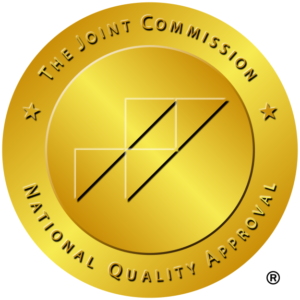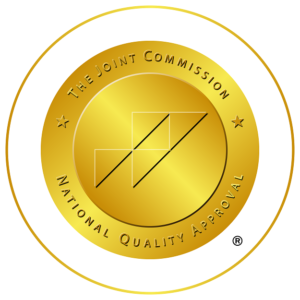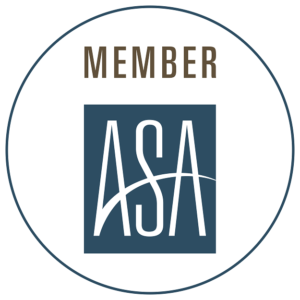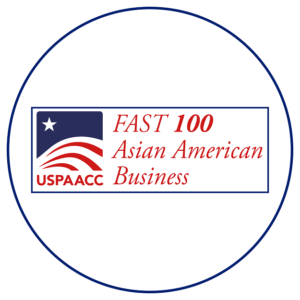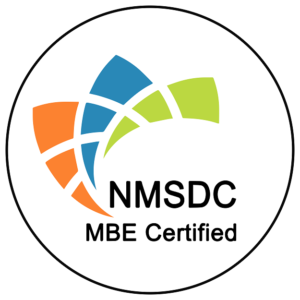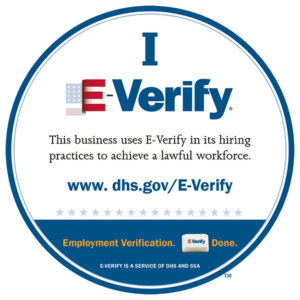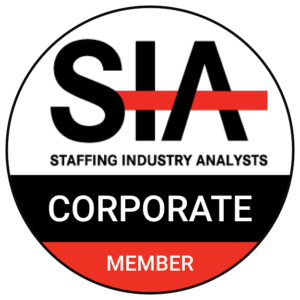3 Mistakes To Avoid When Answering Tricky Interview Question
Recalling that no one is perfect is comforting and hiring managers shouldn’t expect you to be. It’s better to be just yourself, flaws, and all. But the one you should always be willing to answer is: “Can you walk me through your history of the work? It may sound like an easy question but I’ve seen many candidates stumbling over it. For several reasons, the problem is tricky.
Candidates do not usually come prepared with an answer because they assume it is as simple as reciting their curriculum vitae. But recruiting managers tend to hear far more than they already do.
Often, usually at the very beginning of an interview, they ask this question so applicants who fail to give an outstanding answer lose out on the chance to make a successful first impression.
1. Saying No or Giving incredibly weak examples
Your resume will direct the interview, but by providing clear and convincing examples, it’s up to you to carry the background information. It’s awkward to have no examples and may also cause the interviewer to doubt whether you’ve been honest in your resume, but getting poor examples is just as bad.
Let’s presume you were a senior project manager at one of your positions. Key highlights of the projects you were most proud of are worth mentioning. A mediocre response would be: I’ve completed [X project] from start to finish, with [X team members] leading everything. It had been quite good.
To further impress the interviewer, include specifics about what was special about the project, how the concept came about, what the outcomes were, and how the skills you learned would add value to the business.
2. Saying “ we ” too much instead of “ I ”
Being a team player and giving credit where credit is due is fine, but overuse of the word “we” makes you seem less confident and competent. Hiring managers want to learn about your achievements and not just your performance. Saying stuff as we worked on this or when we achieved in achieving this aim reveals so little on what principles you will put forward. Alternatively, seek to say, When I was a [X role] at [X company], my work doing [X project] helped the company contribute [X successes].
Note, this is your interview, and you should be thinking about yourself. It will always be a tough work market so don’t be afraid to compliment yourself.
3. Too much talking
Never over-elaborate and using filler sentences. If they find themselves hitting a wall, several candidates end up spewing mumbo-jumbo. Don’t be afraid to give yourself time to consider what to say. A useful trick is to suppose you answer the question: Why would we recruit you?
Keep in mind that your replies should be persuasive, cohesive, and meaningful. If you know that you have a natural propensity to ramble, write down what you’re going to say before the interview and then practice saying it out loud.
Conclusion
Although discussing errors you have made can be difficult, your willingness to do so is an advantage. Interview Question know it’s a tough question, and that’s why the correct answer will signal you ‘re the right candidate for the job.

